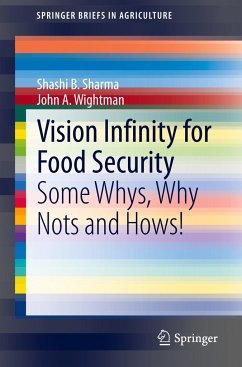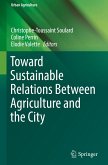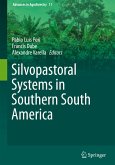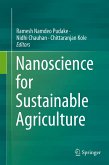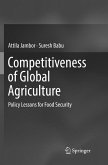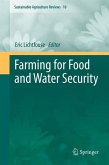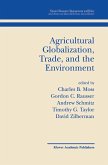A new perspective on the global food security situation and highlights the need for seeking a common vision and implementing global planning to define the manner in which the human species will manage its food security. The basic question of 'is there enough food' is examined in general and then in some detail. The history of food production is reviewed in the hope that lessons can be learned from the past. But even after ten thousand years of experience we are not able to feed adequately about a third of our total population, despite what statistics can be made to tell us. Intensive agriculture has stripped out the nutrients that support plant growth and marginalised extensive tracts of land. The global solution to feed the growing population has been and continues to be - produce more food. Even during the last 30 years, about 95 percent of global research investments have focused mainly on increasing productivity. However about a third of the food produced, sufficient to feed over two billion hungry people, is lost or wasted in the food value chain. Climate change is another confounding factor that impinges on our discussions. Pests of all kinds continue to destroy food before and after it is harvested, even though the technology to protect it is available. A huge amount of food is wasted in value chains, particularly at the domestic level. Global food production systems are exposed to unprecedented biosecurity risks posed by invasive harmful organisms and this trend is likely to further exacerbate as current approach to biosecurity is based on the notional premise that lines on maps and the legislation that goes with them is sufficient to halt epidemics. Solutions include extending the number of cultivated plant and animal species to include those that can prosper in what are currently considered to be extreme environments.
Bitte wählen Sie Ihr Anliegen aus.
Rechnungen
Retourenschein anfordern
Bestellstatus
Storno

